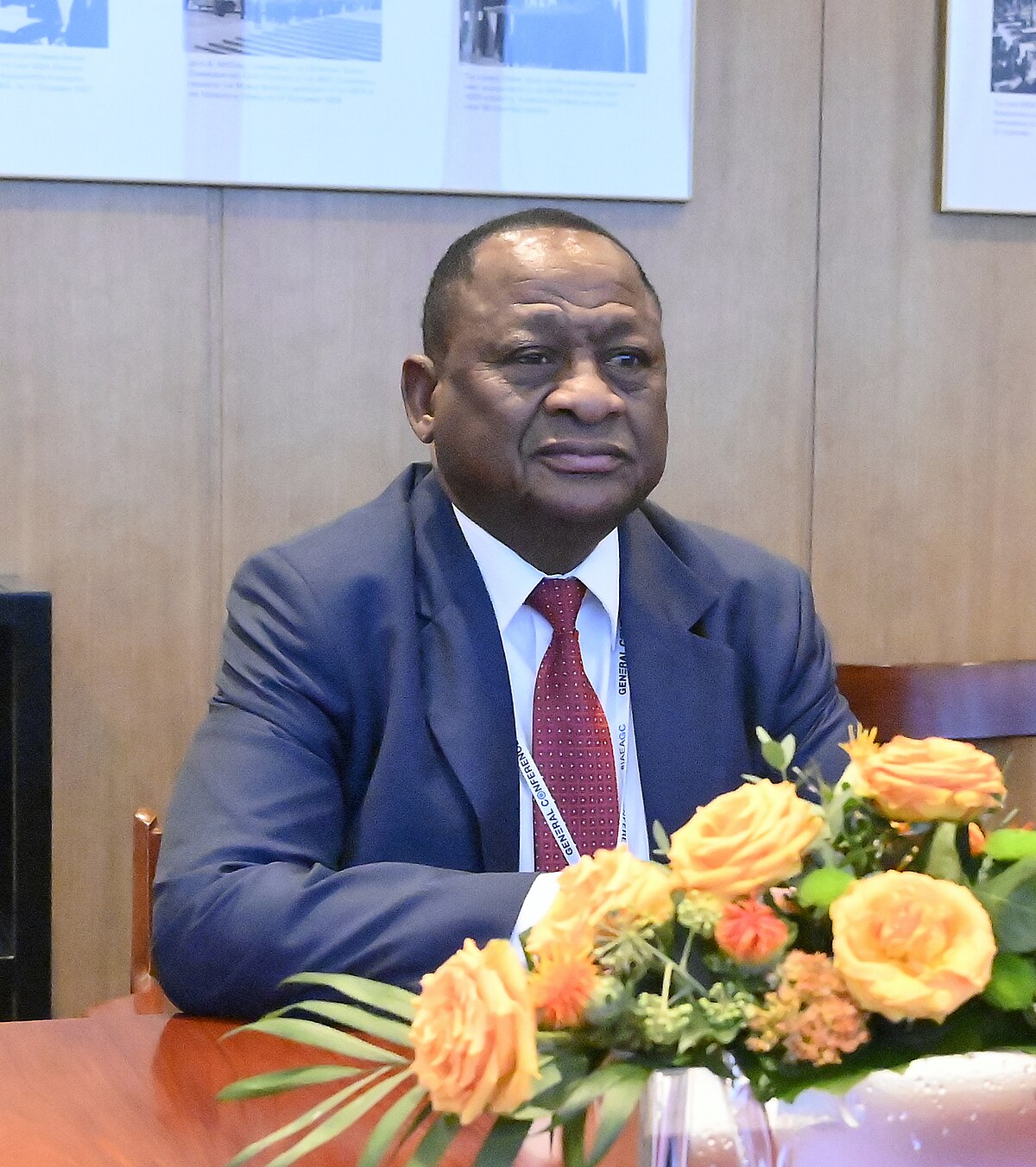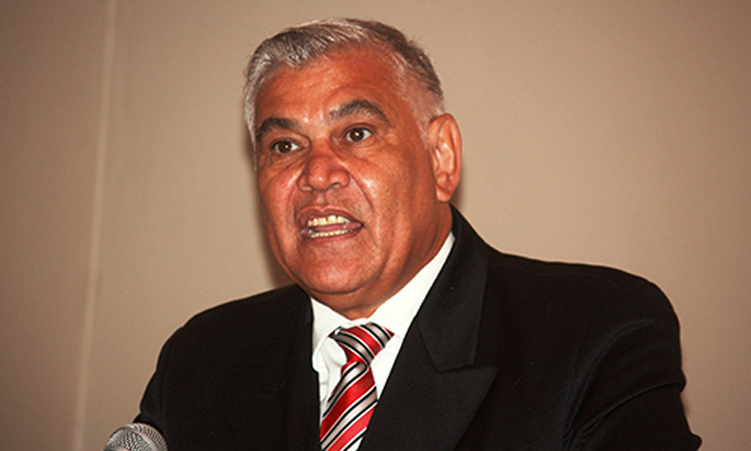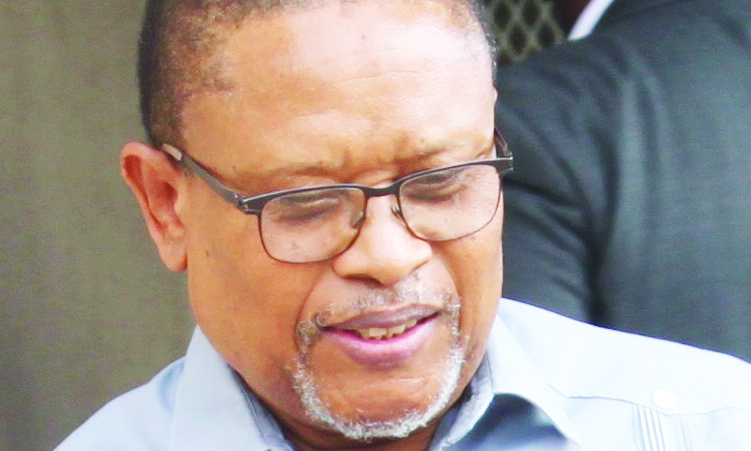GIGAJOULE is planning to invest up to N$2,5 billion on building infrastructure in the Western Cape that will move up to 40 million gigajoules of natural gas a year by the middle of 2015, Gigajoule chief executive Johan de Vos said last week.
The project is expected to generate 250 jobs during construction and 50 permanent jobs on completion.The fuel would be extracted from the Kudu gas field off the Namibian coast, shipped to six offload points along the Western Cape coast and then piped along 225km of pipeline to up to 180 potential mainly industrial customers in Saldanha, Atlantis and the greater Cape Town areas.Gigajoule has applied to the National Energy Regulator of SA (Nersa) for a license to supply, transmit, distribute and trade gas in the Western Cape.De Vos said he hoped the Nersa permit would be received by September.Once the Nersa license had been obtained, Gigajoule would conclude agreements with gas suppliers and buyers.The environmental impact assessment as well as the design of the gas infrastructure was still being conducted, De Vos said.The construction of the gas pipeline and related infrastructure was likely to start next year and would be complete by 2014. A market study conducted since 2007 showed there was sufficient interest from the industrial, commercial, transport and power generation sectors on the West Coast to switch to natural gas.Gigajoule has signed a memorandum of understanding with the shareholders of Kudu, which include Tullow Oil (70 per cent), Itochu Corporation of Japan (20 percent) and the National Petroleum Corporation of Namibia (10 per cent), in order to work together to establish the technical and commercial viability for the supply of natural gas from the Kudu gas field.The gas from the Kudu field will replace other forms of energy used in the Western Cape, including heavy fuel oil, diesel and liquified petroleum gas.De Vos said natural gas had environmental advantages including the fact that it emitted no sulphur and particulate pollution. When burned it would produce less carbon dioxide compared to other fuels.Gigajoule would look to access one trillion cubic feet of gas discovered at the Kudu field. That amount of gas would last 10 years at a consumption rate of 40 million gigajoules a year.In the event that no further gas was discovered at the Kudu field, De Vos said liquified natural gas could be imported.Gigajoule’s shareholders are Old Mutual Asset Management, WBHO Construction and Shanduka Energy, which has a 39 per cent interest.Founded in 2001, Gigajoule has a 49,6 per cent stake in the Matola Gas Company in Mozambique, which has 100km of gas pipelines supplying 20 customers in the country. -Business Report
Stay informed with The Namibian – your source for credible journalism. Get in-depth reporting and opinions for
only N$85 a month. Invest in journalism, invest in democracy –
Subscribe Now!






